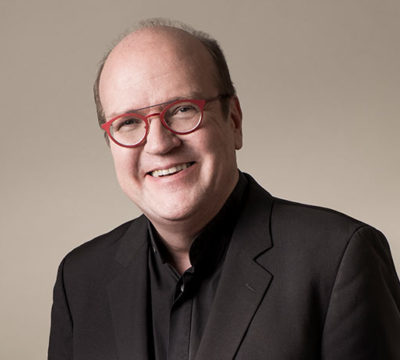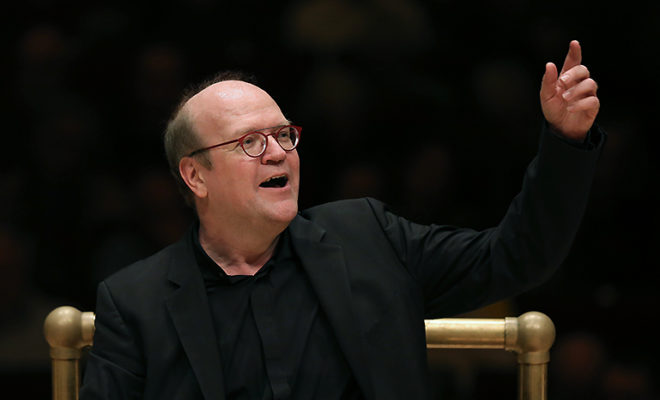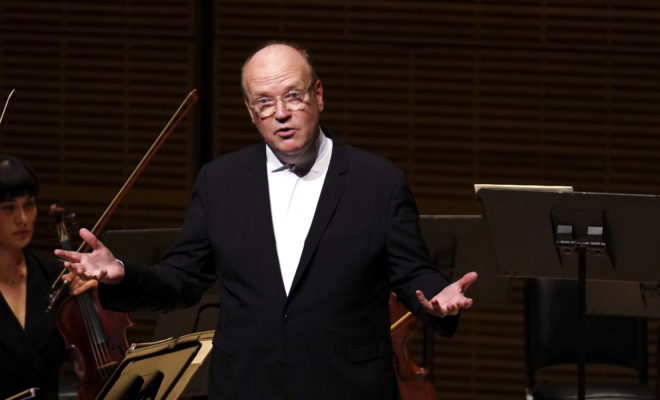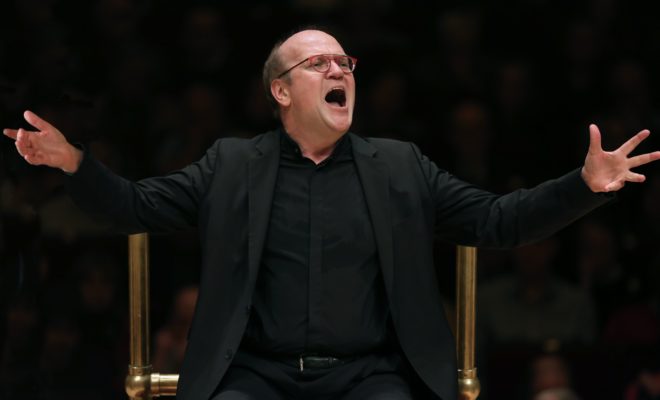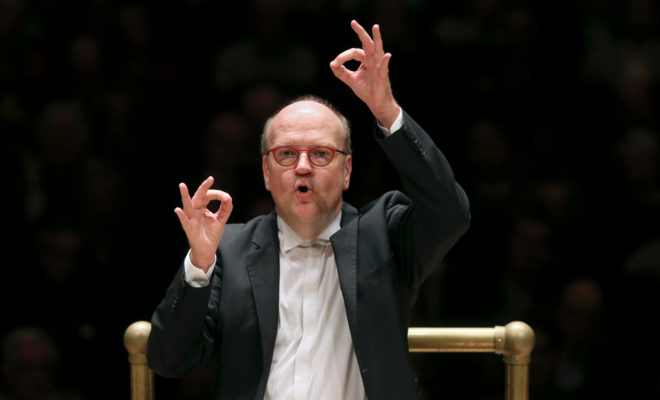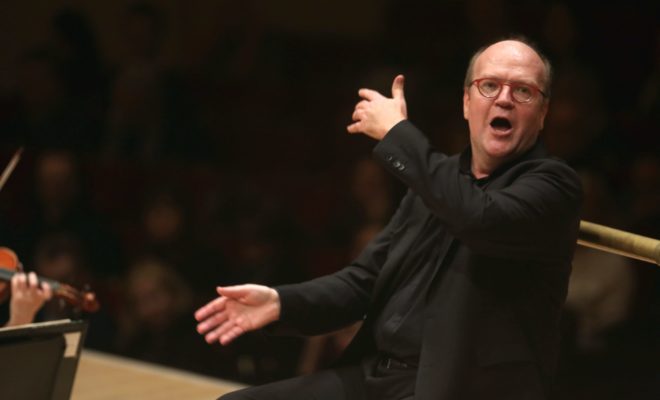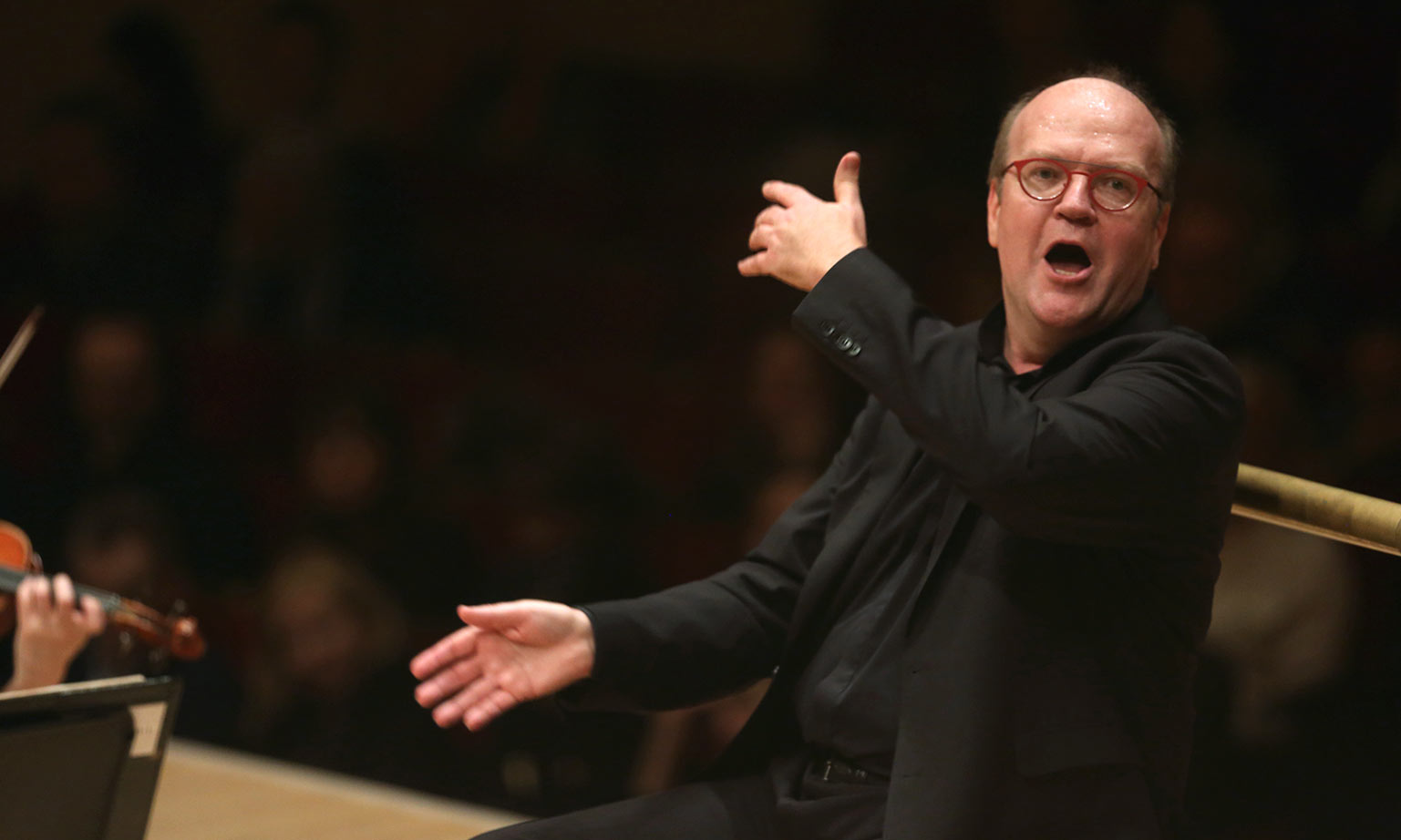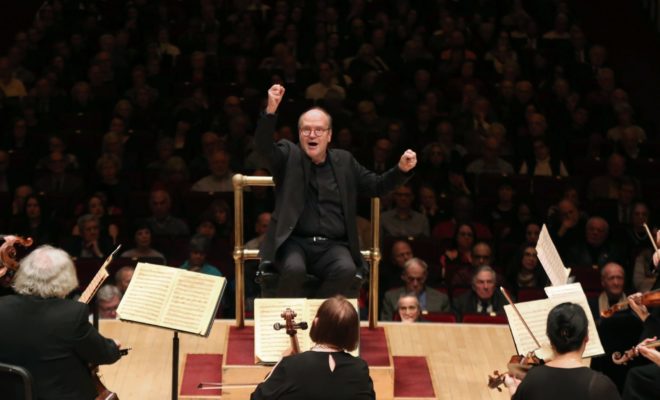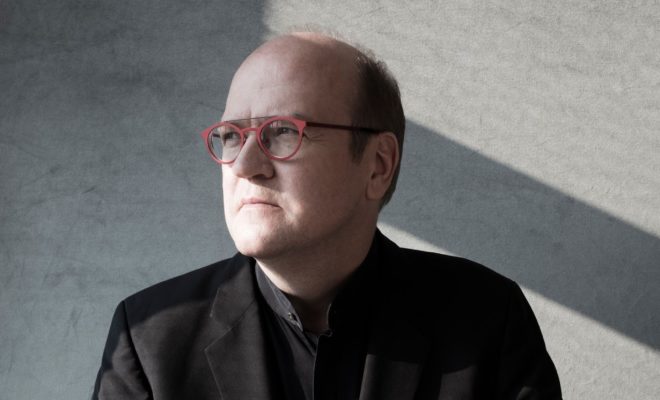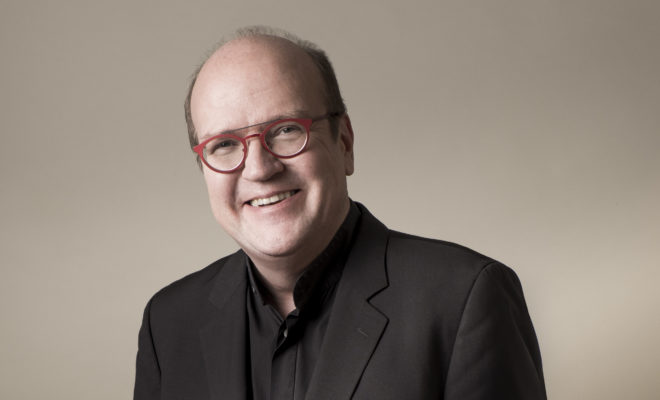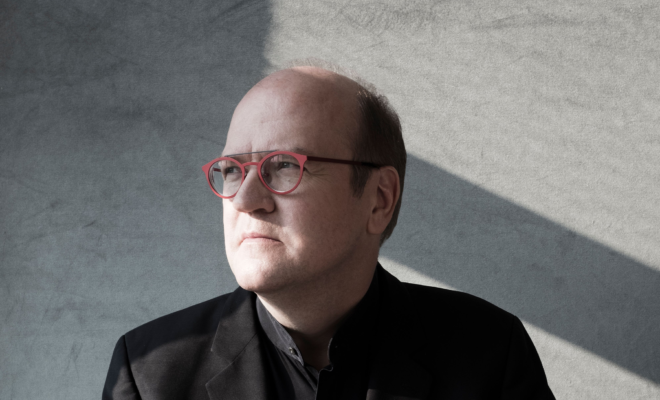With these writings on Bach, I have been walking a very fine line in discussing God and religion, however there is no way to talk about Bach without doing so, especially when it comes to his sacred music. But as Bach is such a powerful preacher, it is difficult not to marvel at his magic without sounding like one of God’s sponsors.
I still aim however at not taking that step; I trust that you will do it yourself only if you hear the calling. Bach is a powerful magnet for believers and non-believers, Christians and humanists alike. One can marvel at man’s work, God’s work, or a combination of both. I am just making a case for whatever you want to hear.
What I marvel at all the time is the strength of Bach’s faith and how it pushes him to reach the highest levels of artistic accomplishment ever imagined, especially when his music deals with issues of earthly suffering and eternal life. When I look for a source of comfort in time of anxiety or grief, it is only natural for me to rely on the music of the ultimate Comforter-in-Chief.
In the life of people living in the early 18th century, death was almost a member of the family. Bach and his two wives lost half of their children under the age of five. It was not unusual, as a fifty-percent survival rate was basically what one could expect on average. We should therefore not be surprised by the crudeness and even rawness of the 18th-century man’s relationship with death.
God of course provided then both the question and the answer: he calls back his children when he wants, and we should be grateful when he does. Still, the vividness of the texts related to death in 18th-century Lutheran poetry often hurts our modern sensibility. They carry not only the direct feeling of being confronted physically with death in daily life, but also the actual connection between death and the dealings of earthly existence. In the case of Bach, we have to remember he actually benefited financially from people’s death: funerals were the most important part of the Akzidentien (“accidents”) that provided him with extra income, and on at least one occasion he did complain in writing about the fact that fewer people died in town in a specific year and that it impacted his revenue negatively.
Should we be shocked by this? Not at all. Death is there, always, whether you want it or not. So then what is wrong with taking advantage of it? It will have the last word anyway.
This doesn’t sound like words of comfort, I know; and yet it explains in part the depth of feeling embedded in Bach’s music whenever he talks to us about death and eternal life. For him, death is not this dreaded thing you hear of and read about all your life but experience only once in a while, as it is often the case for the luckiest among us; it is a constant and almost daily presence. In the Christian psyche, it is a friend.
Which leads me to one of the most achingly beautiful (and yet very little known) arias about death ever composed by Bach, on a text of rather direct and raw poetry. It comes from cantata BWV 8, which is a masterpiece entirely devoted to the idea of death accepted not only as an unescapable issue, but first and foremost as a soothing path to eternal freedom.
The text is a perfect example of this double reality of death seen as a daily companion, both highly spiritual and terribly casual in its physicality:
| What makes you so alarmed, my spirit, |
| If my last hour strikes? |
| My body everyday inclines to the earth |
| And there must become my resting place, |
| Where so many thousands are carried. |
The music is so incredibly powerful that it doesn’t need a lot of discussion. I will however invite you to pay attention to a couple of details.
The first thing that strikes the listener is the recurrence of Bach’s favorite motive in moments of acceptance of the inevitability of death and the deliverance that is expected from it: the very beginning of the oboe d’amore line (sung by the tenor afterwards) is absolutely similar to the beginning of Erbarme dich from the St. Matthew Passion. It is also identical to the beginning of the first aria from the cantata Ich habe genug BWV 82. I cannot imagine a more efficient way of expressing, through music, confident abandon in the face of death.
The second thing is the richness of the picturesque elements. The striking of hours mentioned in the text is literally heard in the vocal line with short notes combined with a swirling motive played repeatedly by the oboe d’amore, in a way which could be considered almost naive if the emotional response it induces were not so powerful. Bells are also tolling constantly in the continuo line played by a cello in pizzicati, creating an almost surreal universe in which the voice and the oboe d’amore converse in perfect harmony, thus heralding a wonderful new world to come. The vocal line theatrically plunges in the low register with repeated sighs as the body “inclines to the earth”. Long sustained notes both by the voice and the solo instrument evoke stillness on the word Ruhstatt (“resting place”). And the word “thousand” is expressed with a long melisma with almost a thousand notes.
All of these musical images were typical of the baroque language. However Bach used these elements with the most consummate artistry, creating a narrative that conveys a powerful message of steadfast hope in the presence of the Grim Reaper.
Whether you believe or not, Bach the Greatest Believer Ever is here, as always, incredibly convincing.
Program
Johann Sebastian Bach
Aria Was willst du dich from cantata BWV 8
